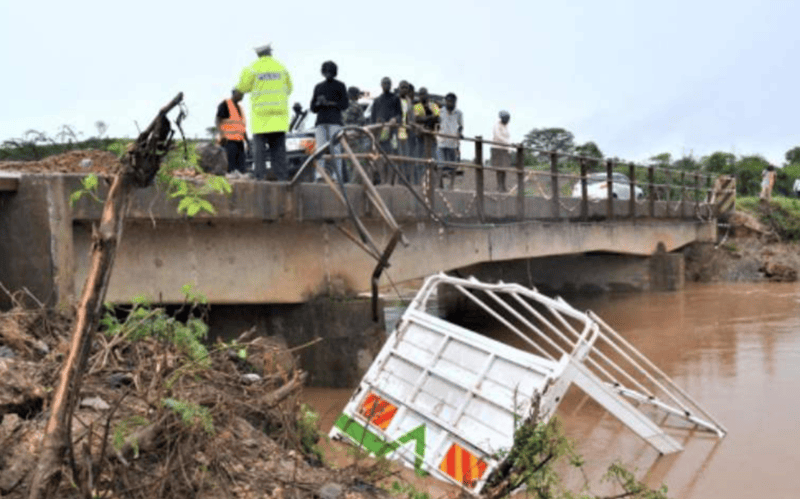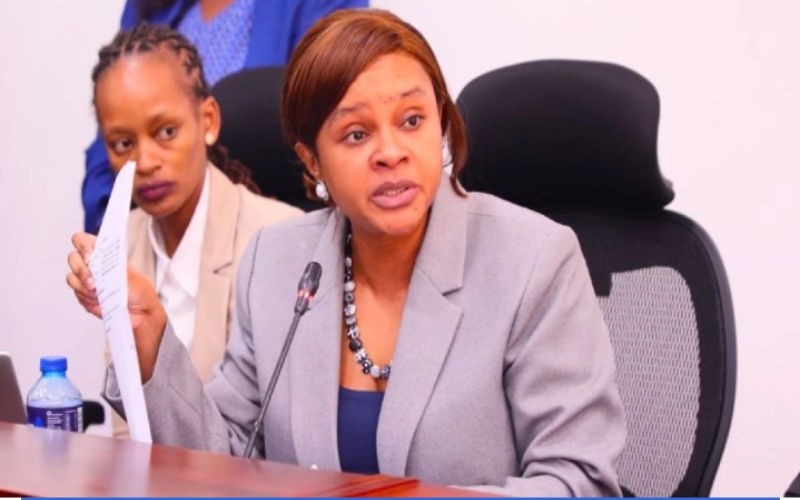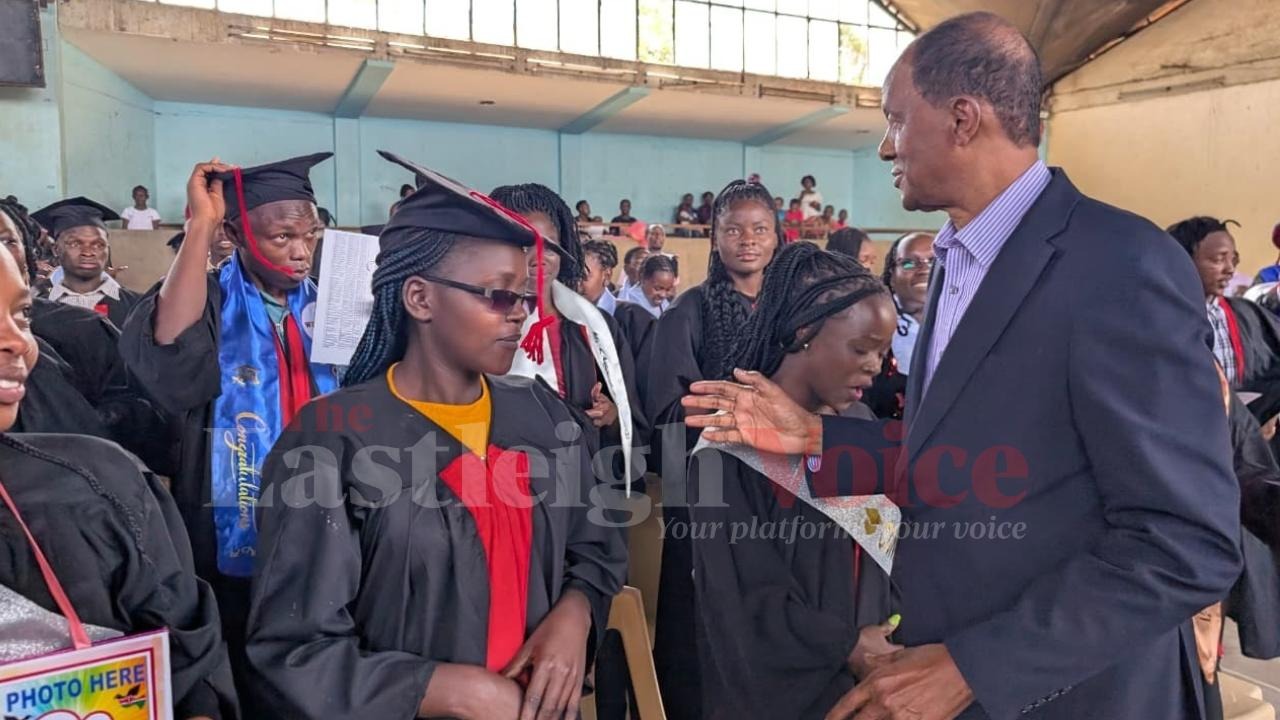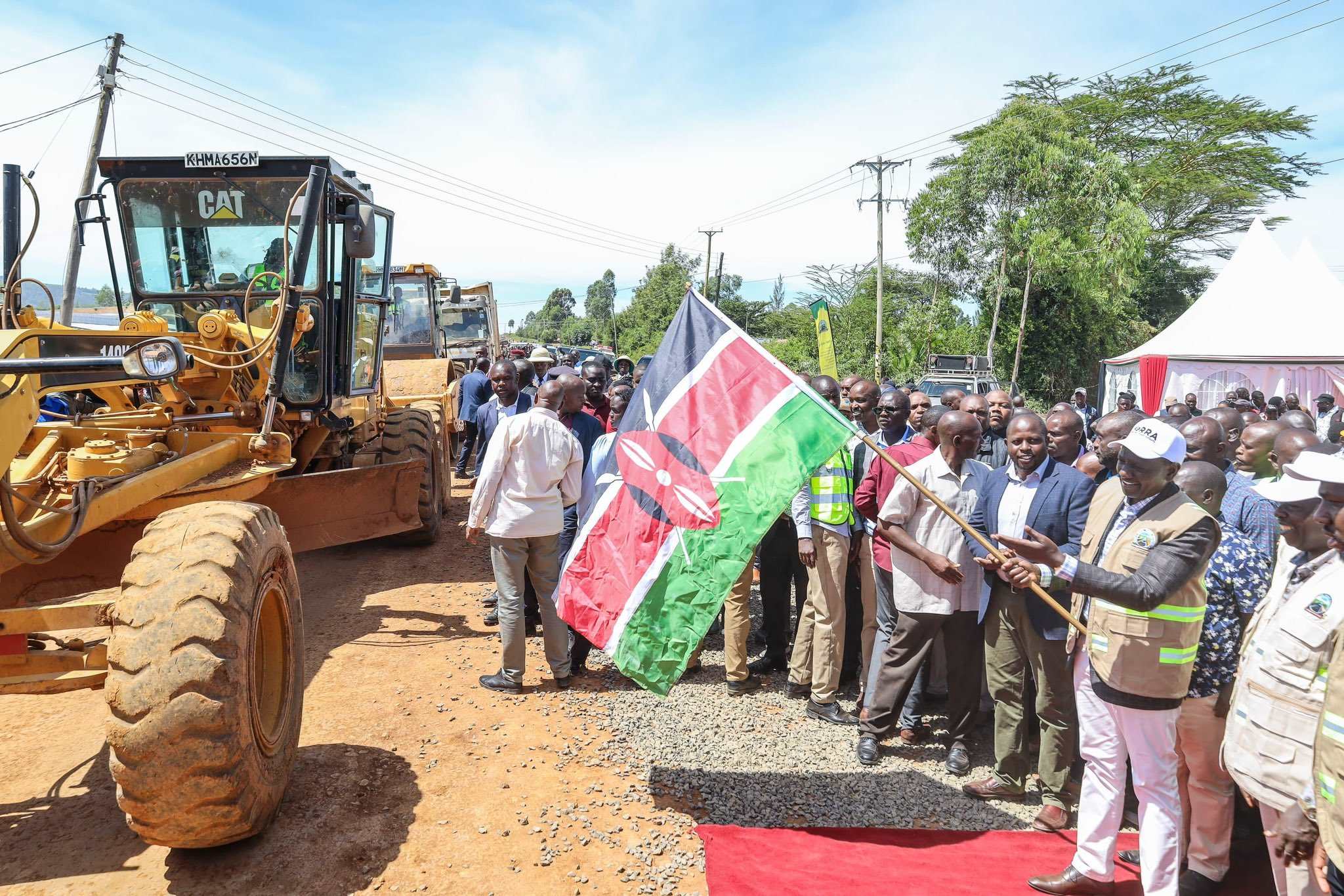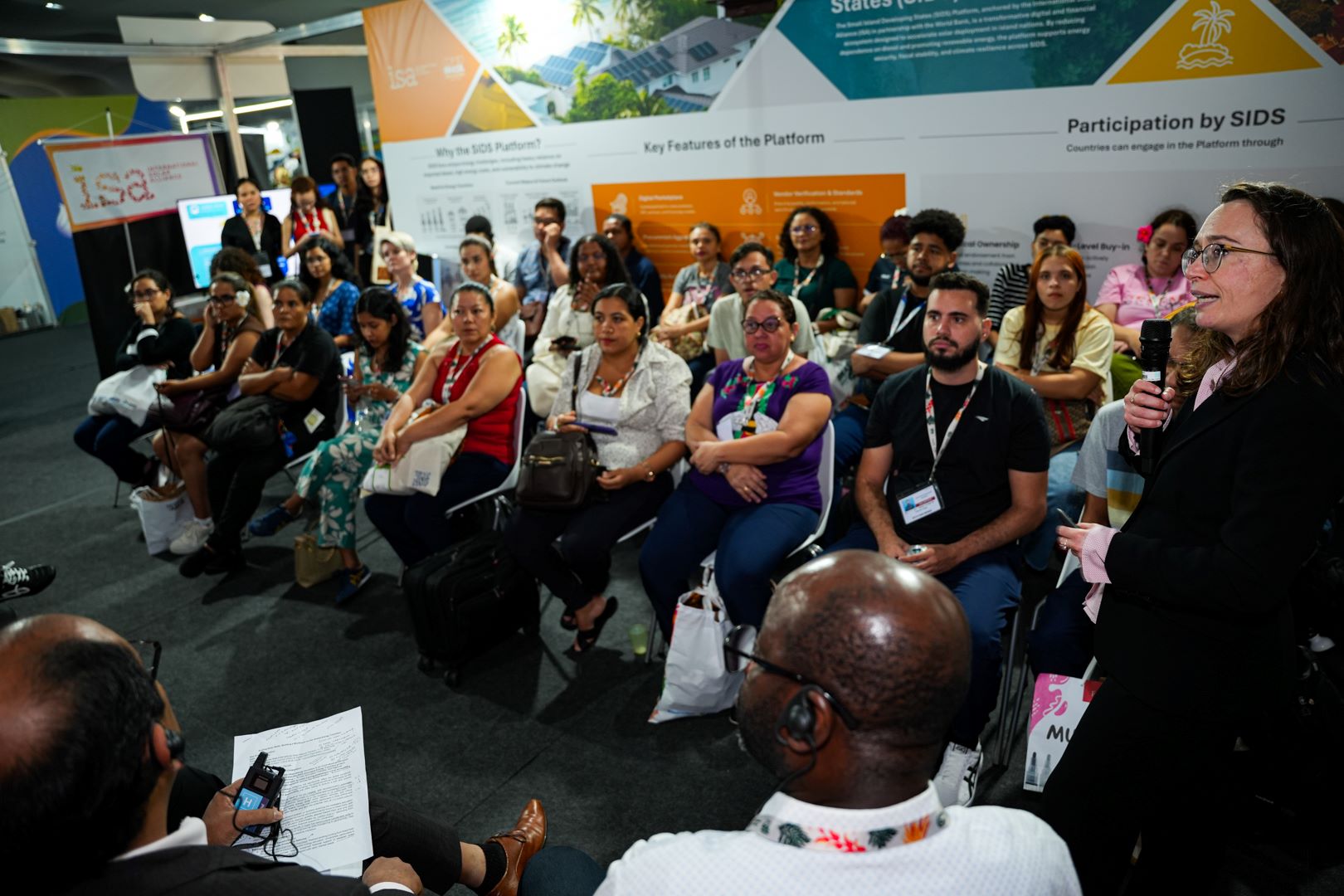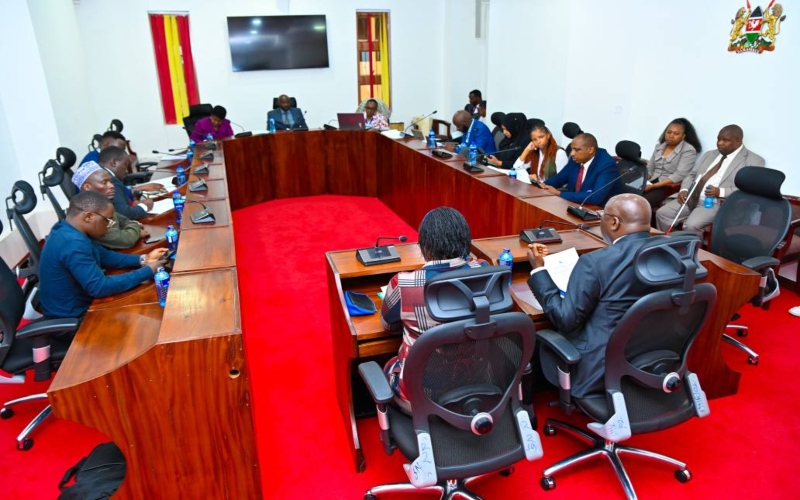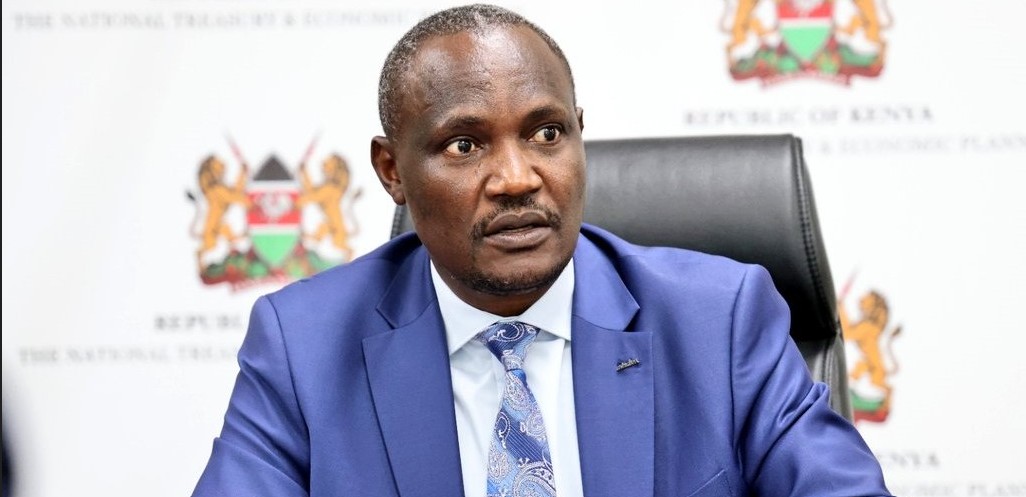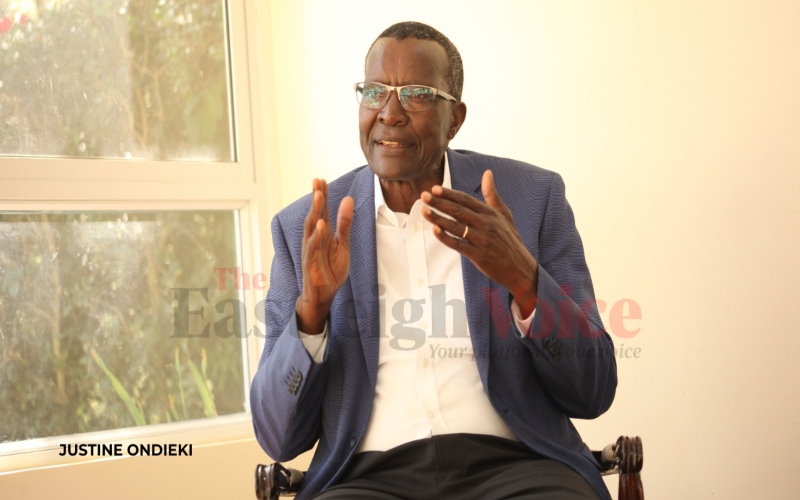Turkana validates new investment plan for sustainable water use
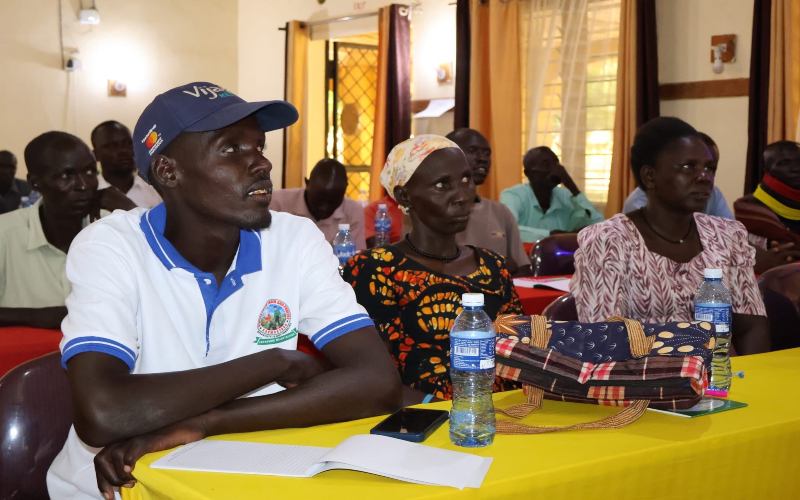
James Ikeny Loyelei (Kanamkemer MCA), the Water, Sanitation, Environment, and Climate Change Committee chair, emphasised the need to strengthen water service providers and tackle persistent water salinity issues.
Water and sanitation stakeholders in Turkana County have validated a strategy and investment plan aimed at ensuring the long-term sustainability of water and sanitation services.
The County Water and Sanitation Strategy and Investment Plan (CWSSIP), developed under the Kenya Water and Sanitation Program (K-Wash), will guide county-level interventions with support from the World Bank and the National Government. It targets 19 counties and sets the stage for sustainable development through 2030.
More To Read
- Lake Victoria Fish farming booming but pollution and disease are wiping out millions: How to reduce losses
- How control of water shapes power, national security and economic stability across Africa
- Africa lags in ID cards coverage as experts urge inclusive access
- Kenya Railways hands over stalled Kibera project to State Department of Housing
- Africa’s land holds the future of climate adaptation: Why COP30 can’t overlook it
- Droughts wipe out up to 900,000 jobs annually in Africa - report
Special focus under K-wash has been placed on Turkana and Garissa counties, which continue to bear the added burden of hosting refugee populations.
Speaking at the close of the three-day validation workshop, County Executive for Water Services Willjustus Lopeyok reaffirmed the county government's commitment to clean water access.
"We're working hard to ensure the Ministry of Water Services is responsive to the needs of all county residents," said Lopeyok. "With our MCAs on board, we want our people to enjoy access to clean water."
James Ikeny Loyelei (Kanamkemer MCA), the Water, Sanitation, Environment, and Climate Change Committee chair, emphasised the need to strengthen water service providers and tackle persistent water salinity issues.
Opening the workshop, County Chief Officer for Water Services, Eng Mark Achilla, encouraged participants to help shape the final document through active engagement.
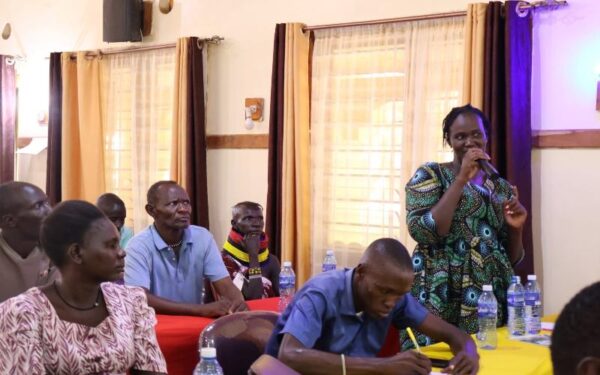 Stakeholders speak during the three-day validation workshop. (Photo: County Press)
Stakeholders speak during the three-day validation workshop. (Photo: County Press)
Stakeholders broadly welcomed the strategy, especially its recognition of community structures in water governance.
Edward Ekal Ebei, Chair of the Lokanam Water Resources Users Association (WRUA), emphasised that civic education on water use and management is key to long-term success.
Felitus Ekamais, Secretary of Kawalase WRUA, echoed the importance of grassroots inclusion.
"Involving WRUAs in project development and implementation, and educating communities will support proper water management," she noted.
James Esinye, Secretary of Kakwanyang Water Users Association, pointed to real-world challenges and responsibilities borne by community groups. His association manages two boreholes serving eight villages, some as far as 10 kilometres apart.
"The strategy's emphasis on rewarding sustainability is a strong motivator for communities to manage resources responsibly," Esinye said.
Paul Lotum, Director of Water Services, described the CWSSIP as a "living document" that will align county priorities, funding, and long-term goals for maximum impact.
With validation now complete, the counties are poised to roll out the next phase, implementation, with an eye on long-term sustainability, inclusive governance, and improved water and sanitation for all.
Top Stories Today


